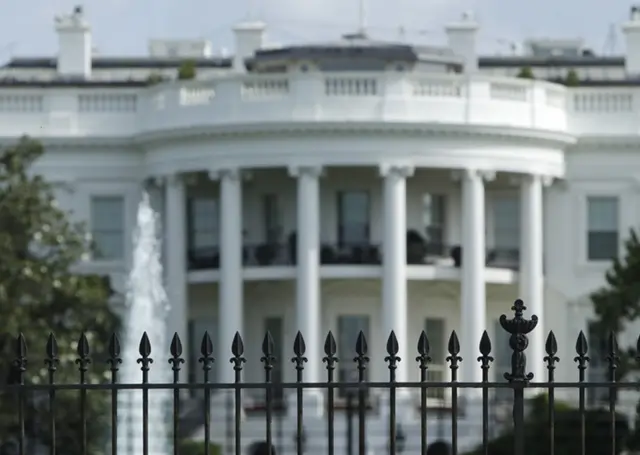More than 150 years ago, celebrated American novelist Mark Twain vividly depicted the chaotic phenomena in the U.S. elections that candidates turn into "infamous perjurer," "the Montana Thief," "the Body-Snatcher," "Mr. Delirium Tremens," "the Filthy Corruptionist" and "the Loathsome Embracer" overnight.
The situation is no different today. Scenarios described in Mark Twain's short story "Running for Governor" have re-emerged in the mess known as the U.S. primaries.
With Super Tuesday coming up, the insults and personal attacks between the contenders have been frequent. One has been called a liar, another as having "the worst spray tan in America."
In essence, the race to become the next U.S. president is all about money politics, with plenty of rich folks generously opening their pocketbooks if it means gaining influence.
According to estimations by U.S. media, electoral expenses will amount to 10 billion U.S. dollars this year, which surpasses the gross domestic product of about 60 countries in 2015 calculated by the International Monetary Fund.
So far, the top 100 donors have offered nearly 200 million dollars, an amount larger than the total sum from the 2 million smallest donors, according to analysis by U.S. political news website POLITICO.
Statistics from the Federal Election Commission show that more than 40 percent of the donations have come from Wall Street.
These external sources of fund have stood out among voters this year, according to the latest opinion poll by the Associated Press.
It found that an increasing number of voters think that the influence of billionaires, tycoons and large enterprises has been growing.
When Wall Street's favorite candidate Jeb Bush announced his withdrawal from the race, he repeatedly apologized to his major financial backers. Most of his wealthy friends stem from private and family relationships, and they provided him with nearly 120 million dollars. Today, some of them have turned to his "apprentice" Marco Rubio.
In return, Rubio repeatedly campaigned on a promise to cut taxes. He proposed to entirely eliminate taxes on capital gains and double taxation. If implemented, it is expected to save the richest 1 percent an average tax cut of more than 220,000 dollars, according to U.S. website Citizens for Tax Justice.
Wall Street has long had relations with the Clintons. During Bill Clinton's administration, he repealed the Glass-Steagall Act, and signed the Gramm-Leach-Bliley Act in 1999 for the benefit of Wall Street. Because of his "good performance" during his presidency, Bill Clinton still receives donations from Wall Street through paid speeches. He has been paid 104.9 million dollars for 542 speeches around the world between January 2001, when he left the White House, and January 2013, when Hillary Clinton, his wife, stepped down as secretary of state, according to the Washington Post.
Of course, the role of money in American politics is not exactly news. However, in this money game that occurs every four years, those who play a decisive role in crafting American policy are not ordinary voters but rather a rich and powerful minority.
Even former U.S. President Jimmy Carter slammed the "financial corruption" pervasive in the 2012 elections, saying "we have one of the worst election processes in the world right in the United States of America, and it's almost entirely because of the excessive influx of money."
Americans of both parties fundamentally reject the regime of untrammeled money in elections made possible by the Supreme Court's Citizens United ruling and other court decisions. They now favor a sweeping overhaul of how political campaigns are financed, according to a New York Times/CBS News poll last June
More than four in five Americans say money plays too great a role in political campaigns, while two-thirds say that the wealthy have more of a chance to influence the election process than other Americans.
Of those surveyed, 85 percent think the country's campaign finance system needs fundamental changes or a complete overhaul, otherwise the impact of "money politics" will never change.
"If we would learn what the human race really is at bottom, we need only observe it in election times," says Mark Twain. Sadly, that shrewd observation remains true in his country today.
 简体中文
简体中文

